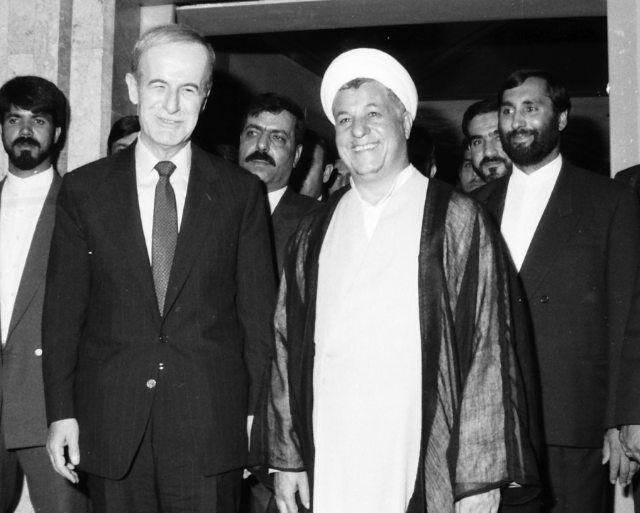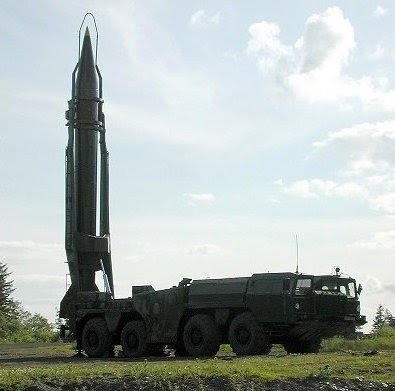Rafiq Douste said that the former Iranian president, Hashemi Rafsanjani, had asked him to travel to Damascus and to see whether the late Syrian president Hafez al-Assad was willing to provide Iran with missiles. Rafsanjani was ashamed of the situation that Iran was targeted by Iraqi missiles and his country had no missiles to respond with.
Douste said that Rafsanjani at that time was representative of Iran's Supreme Leader at the Defence Supreme Council and deputy head of Iran's armed forces.
“Iran cities were under the bombardment of the Iraqi 'Scud B' missiles which Iraqis obtained from the Soviet Union, but Iran was unable to respond because; on one hand, the Iranian army had no suitable missiles to target Iraq with, and on the other hand, all countries had refused to sell Tehran such missiles.”, Rafiq Douste said.
“Upon Hashemi Rafsanjani's instructions, I went to Syria to meet the late Syrian President Hafez al-Assad and to ask him to provide us with missiles. He told me that all the missiles he had were under the control of the Soviet Union and suggested that I go to Libya. He promised to contact the late Libyan President Muammar al-Gaddafi to help”, Rafiq Douste said.
Hafez al-Assad also offered to train Iranian personnel in Syria on how to use the missiles. Iran did so and sent the Iranian commander, Hassan Tahrani Muqaddam, along with 40 personnel tobe trained in a training camp in Syria, according to former IRGC minister, He added, "After meeting with Assad, I travelled to Libya to meet al-Gaddafi who immediately agreed to send 10 (Scud B) missiles to Tehran, but on condition, that 'one of these missiles to be used to target Saudi Arabia!’"
Rafiq Douste was quoted by MEHR News as saying that "The missiles were sent to Iran as agreed, in addition to a Libyan expert who was ordered by al-Gaddafi to follow my instructions”, adding that each (Scud B) missile was worth $3 million. He also said that Libya was supposed to send these missiles in three batches, 10 missiles each and the Libyans did not ask for any payment in return.
Douste also stated that after receiving the missiles from al-Gaddafi, Iran used these missiles against Iraqi targets. “The Libyan missile expert, who was sent by al-Gaddafi, once requested that one of these missiles to target Saudi Arabia. Of course, we rejected his request because our leader Imam Khomeini and Iran did not want to ignite a war with Saudi Arabia. "Since then and after the Libyan expert had left Iran, Muammar al-Gaddafi did not send more missiles, and we had to go to North Korea (as Iran's new missile provider)”, he added Rafiq Douste also told MEHR News that the Iranians, who had been trained at the camp in Syria, were successful in carrying out the missile operations against Iraq and later manufacturing missiles.
“Once, we had decided to target a club of Iraqi officers near Baghdad. So, we went to the mountains near Kermanshah and fired the missile at this target. A few minutes later, we heard in the
BBC news that the target was destroyed and our operation was successful”, he said.



 RSS Feed
RSS Feed